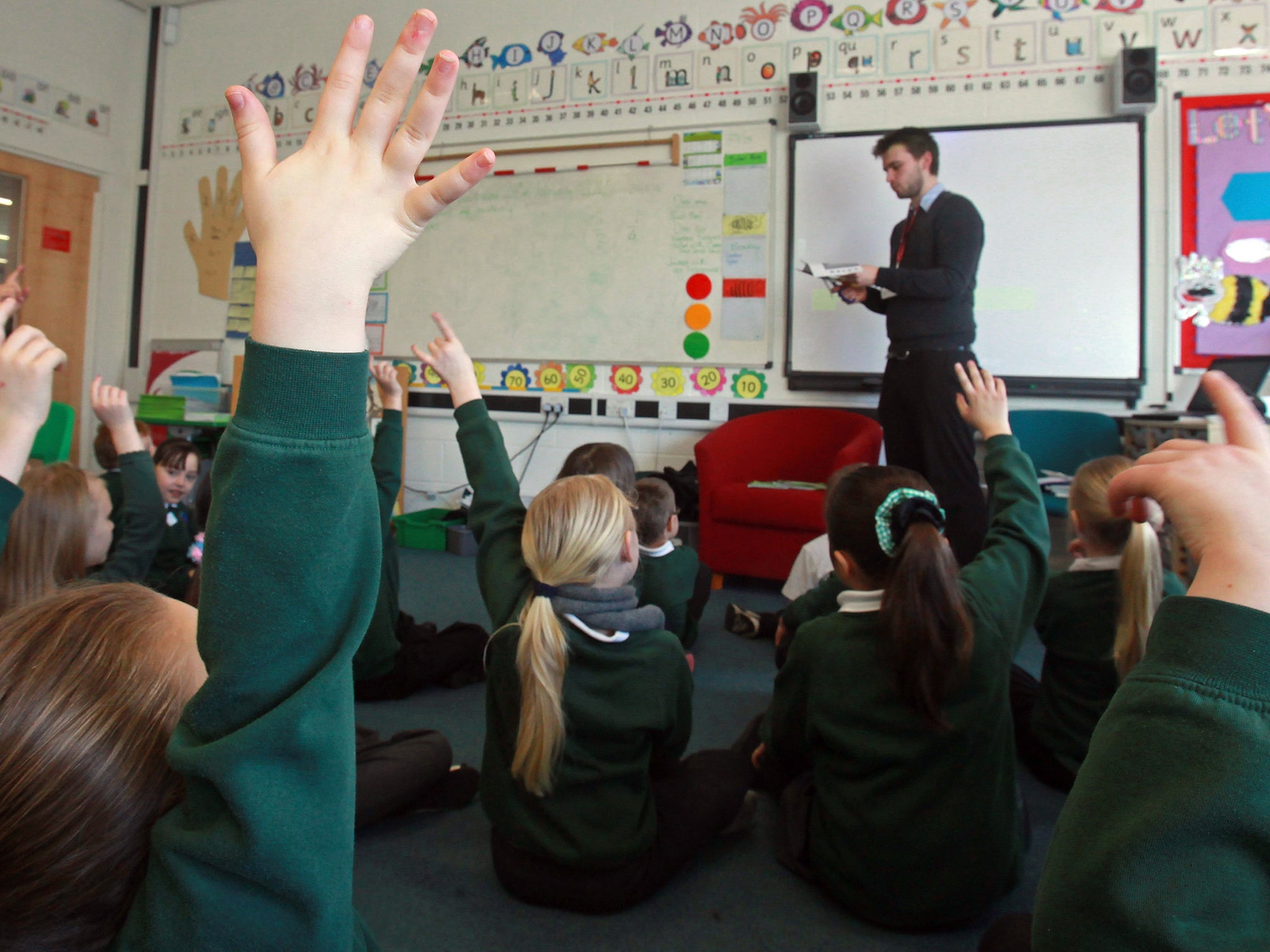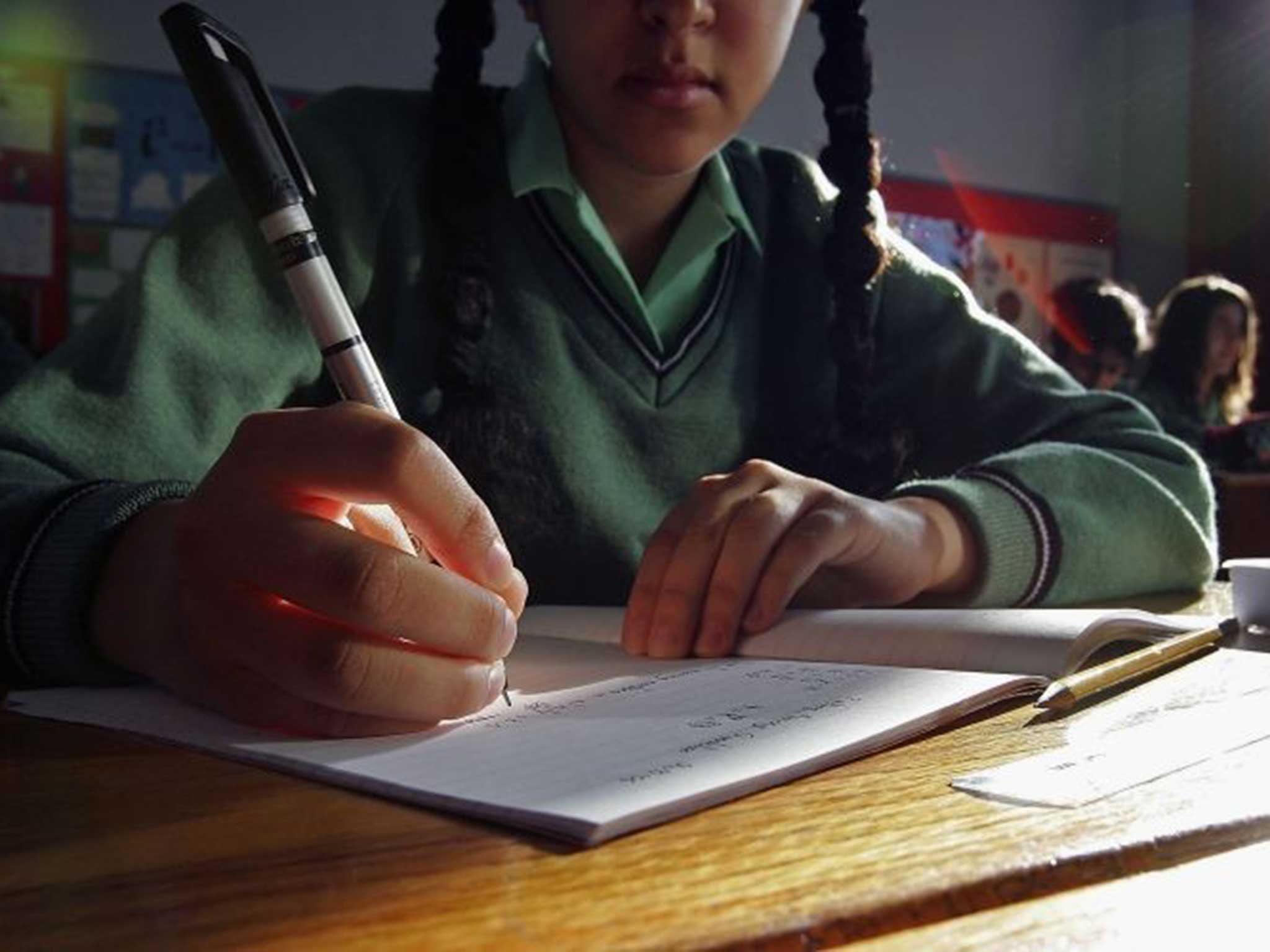Genes partly decide how well you do at school, study finds
Children's intelligence, personality and behaviour are all influenced by DNA

Genes partly influence how well children do at school, as well as their overall intelligence, personality and behaviour problems, research has found.
A study on twins, led by King’s College London, allowed scientists to compare the academic achievements of children with identical and non-identical DNA.
The siblings also usually grow up in the same family environment, going to the same schools and having the same opportunities, but the achievements of identical twins were more similar than non-identical pairs, leading to the conclusion that genetics play a part.
While identical twins share 100 per cent of their genes, with non-identical twins the figure is halved like any other siblings.
Eva Krapohl, an author the study from the Social, Genetic and Developmental Psychiatry Centre at King’s College, emphasised that genes do “not mean anything is set in stone”.
“What our study shows is that the heritability of educational achievement is much more than just intelligence – it is the combination of many traits which are all heritable to different extents,” she added.

“It is important to point out that heritability does not mean that anything is set in stone.
“It simply means that children differ in how easy and enjoyable they find learning and that much of these differences are influenced by genetics.”
Heritability is defined as “the extent to which differences between children can be ascribed to DNA differences, on average, in a particular population at a particular time”.
The study, published in the Proceedings of the National Academy of Sciences, looked at 13,306 twins aged 16 who were part of the UK Twins Early Development Study.
They were assessed on their intelligence, academic confidence, personality, wellbeing, home and school environment, health and behavioural problems as well as GCSE grades.
Researchers found that the heritability of GCSE scores was 62 per cent, whereas individual traits were between 35 per cent and 58 per cent heritable, with intelligence being the highest.
Kaili Rimfeld, the joint lead author of the study, said there were no implications for education policy from the findings but a more personalised approach to learning could be more successful than “one size fits all”.
“Finding that educational achievement is heritable certainly does not mean that teachers, parents or schools aren’t important,” he added.
“Education is more than what happens to a child passively - children are active participants in selecting, modifying, and creating their experiences."
Join our commenting forum
Join thought-provoking conversations, follow other Independent readers and see their replies
Comments
Bookmark popover
Removed from bookmarks